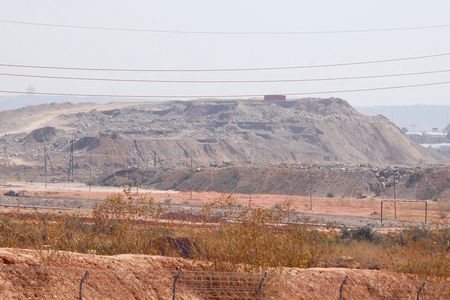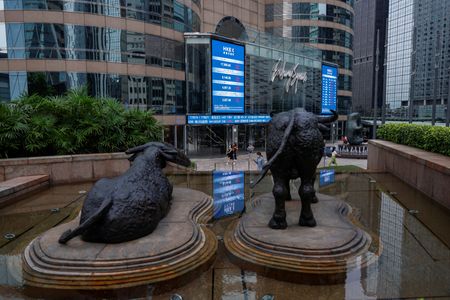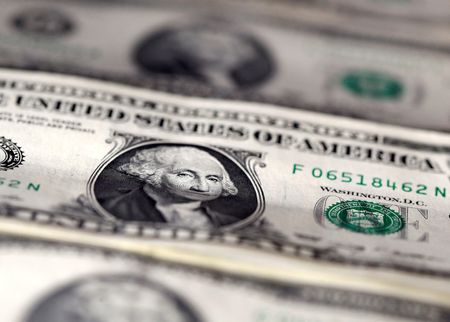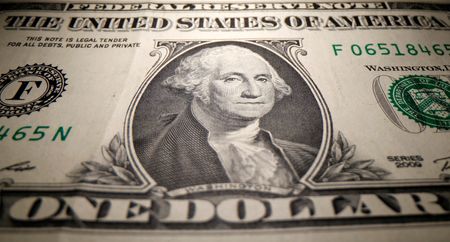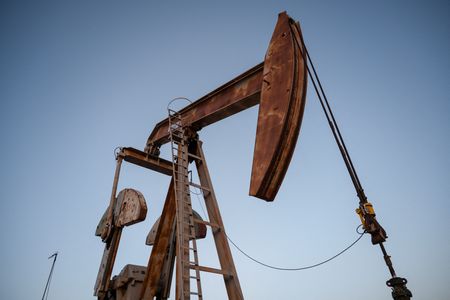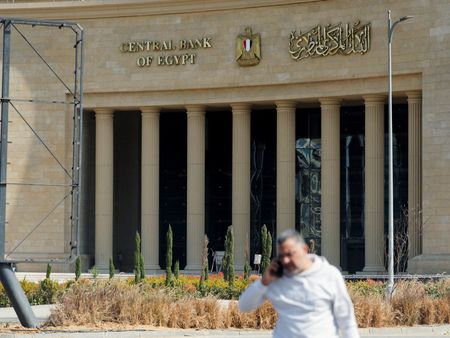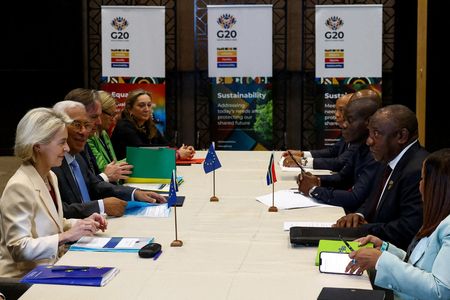By Sonia Rolley and Felix Njini
JOHANNESBURG (Reuters) – The Democratic Republic of Congo is considering introducing cobalt export quotas as the world’s biggest supplier of the battery metal seeks to curb oversupply and boost prices, three sources familiar with the details told Reuters.
Cobalt prices are languishing at historically low levels amid slackening demand from automakers and as mines ramp up production of copper, from which cobalt is extracted as a by-product, to capitalize on high prices.
The plan to introduce limits has been discussed within the Congolese government but no final decision has been taken yet, said the sources, who declined to be named discussing sensitive matters.
Congo banned all exports of the battery metal for four months on Monday to contain a supply glut. The ban, announced by the Authority for the Regulation and Control of Strategic Mineral Substances’ Markets, or ARECOMS, said the export curb would be reviewed in three months and could either be modified or terminated, depending on its results.
The temporary ban is not enough to limit the flow of metal on the market and is unlikely to have a lasting impact on prices, which are expected to weaken further when companies release stockpiled metal, the sources and analysts said.
The sources said that Congo’s government eventually plans to introduce quotas on exports of the metal, which are going to be negotiated during the export suspension period.
ARECOMS and Mines Minister Kizito Pakabomba did not immediately respond to emailed questions.
Communication Minister Patrick Muyaya was not immediately available to respond to Reuters questions.
Previous attempts by the government to persuade mining companies to voluntarily reduce the flow of the metal on the international market have not been heeded, the sources said.
Two of the sources said attempts by state miner Gecamines to convince China’s CMOC Group to manage the flow of cobalt on the market and limit the impact on prices, through their joint venture, had failed.
CMOC DOUBLES COBALT OUTPUT
CMOC, the world’s biggest cobalt miner, more than doubled cobalt output last year to about 114,000 metric tons as it ramped up copper output at its Tenke Fungurume and Kisanfu mines in Congo. CMOC’s Congo mines produced about 650,000 tons of copper.
CMC said production at the mines is not affected by the temporary ban on shipments and spokesperson Vincent Zhou told Reuters the company did not anticipate a significant impact on business performance.
Eurasian Resources Group and Glencore, which are also big cobalt producers in Congo, declined to comment.
London Metal Exchange (LME) cobalt has plunged from a record high of $82,000 per metric ton in April 2022 to $21,000 per ton, the lowest level since the contract was launched in 2010.
The ban could cut off about 65,000 tons of cobalt from the market and while it may send spot prices higher, the impact could be temporary as mining companies will continue to stockpile the metal, BMO Capital Market analysts said in a note.
“We fully expect that this will lead to further supply controls in the future, with the most likely next step being production or export quotas,” they said.
(Reporting by Felix Njini in Johannesburg and Sonia Rolley in Paris; Editing by Veronica Brown and Emelia Sithole-Matarise)

